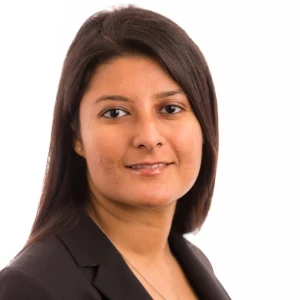I prepared 4 years ago for MBB and did 70+ cases.
I will be interviewing for Bain and Mckinsey in September.
How should I plan my prep ? I don't know where to start.
Should prioritize repracticing cases I already did and drills? Or should I focus on doing as many live cases as possible?











